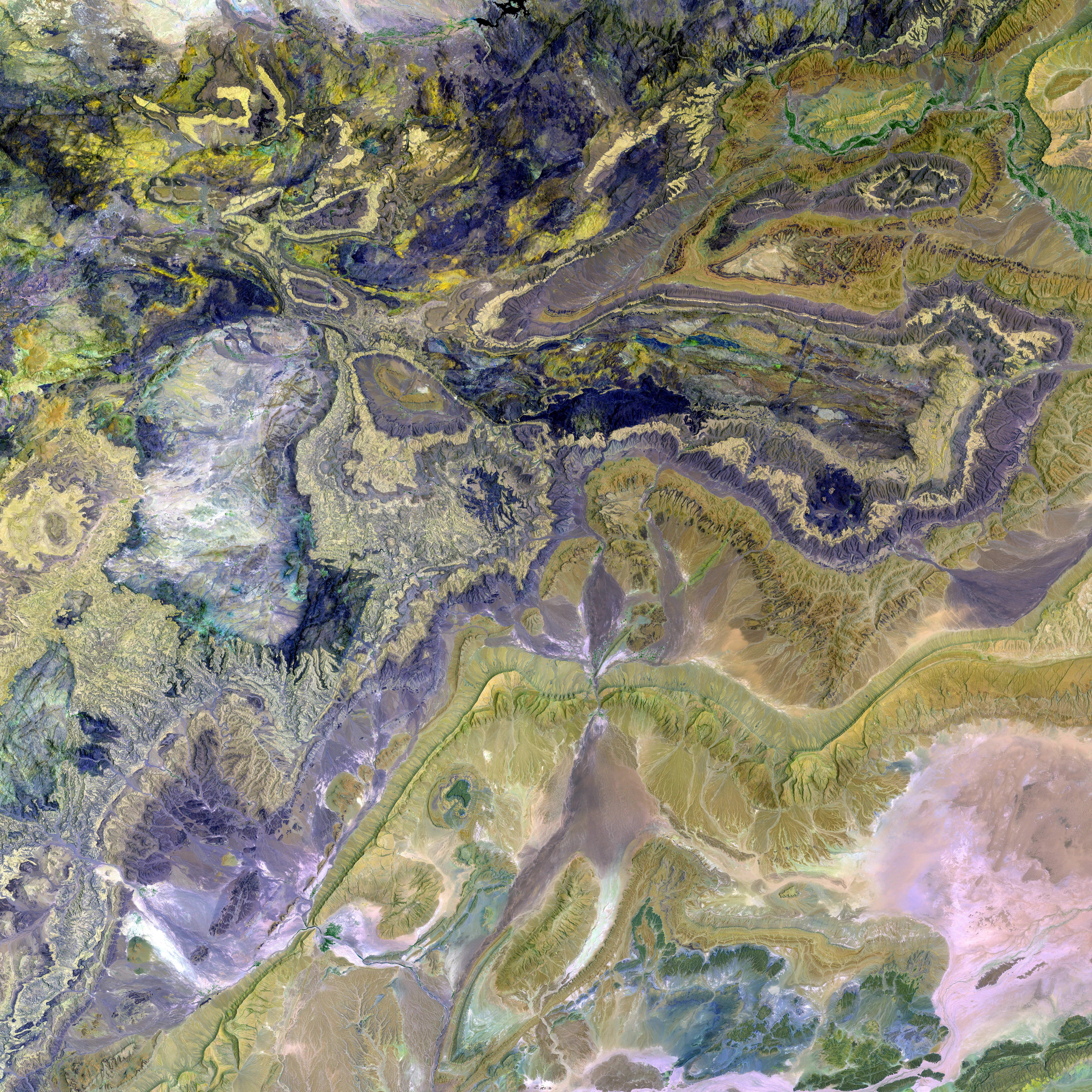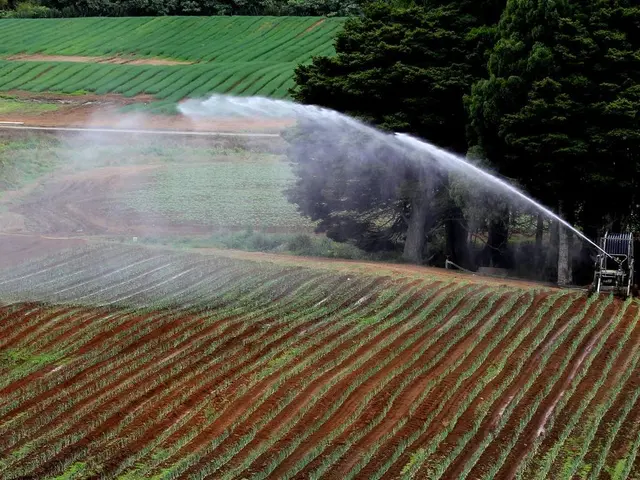Dissipating Green Ambitions: The Class of 2025 Bid Farewell to Climate-Related Jobs and Other Similar Professions
Graduating students with a focus on climate and sustainability face uncertain job prospects due to Trump administration policies. Grace Veenstra, a student at the University of Alaska Fairbanks, had her sights set on a career with the National Oceanic and Atmospheric Administration (NOAA) after a summer internship with the agency. However, the administration's cuts to NOAA's workforce, research arm, and budget have left her questioning her future.
"I've stopped looking at anything related to NOAA," Veenstra laments, expressing concern about finding employment at the agency. The cuts, which include a 20% reduction in the agency's workforce, have left many graduates like Veenstra unsure about their career paths.
The Trump administration's policies have dismantled career pathways for graduates interested in climate and sustainability work, international aid, public service, and research across various scientific fields. Federal jobs are disappearing, and grants and agency divisions that sustain university research programs and nonprofits are being eliminated, making it challenging for new graduates to break into these sectors.
For example, the National Science Foundation has halved graduate research fellowships and canceled some undergraduate research grants, limiting opportunities for students to pursue research across the sciences. Additionally, the elimination of grants focused on diversity, equity, and inclusion has affected diversity in research.
The effects of these policy shifts on employment are far-reaching. Employers are projecting a smaller increase in hiring, and the number of internships is expected to dip this year. Graduates who have spent years preparing to affect positive change are questioning the state of the job market, considering alternate fields, and exploring opportunities abroad.
This uncertainty is not limited to the science sector. Undergraduates who pursue research and internships in other areas are also experiencing challenges. University students, overwhelmed by moving targets, are seeking guidance from professors, but the lack of consensus in academia further complicates the situation.
Many students are reconsidering their career paths, with some opting to remain in graduate school or seeking opportunities in state and municipal government. International opportunities may also be a consideration, as the European Commission has set aside $500 million to attract researchers from the U.S.
The potential impact of these policies on students from underrepresented racial and ethnic groups is significant, as the administration has cut specific pipelines for these students. For example, the NOAA has canceled this year's José E. Serrano Scholarship, which funds study at minority serving institutions.
Graduates like Veenstra are left wondering when their paths to their chosen fields will open again. The administrative cuts have had far-reaching effects, affecting not only job opportunities but also the mental health and financial wellbeing of students. The future is uncertain for many graduates seeking careers in climate and sustainability, international aid, public service, and research.
- The uncertain job prospects for graduates focused on climate and sustainability can be attributed to Trump administration policies, particularly their impact on agencies like NOAA.
- Grace Veenstra, a student at the University of Alaska Fairbanks, is questioning her future due to the administration's cuts to NOAA, which have dismantled career pathways in climate and sustainability work, international aid, public service, and research.
- Federal job losses and eliminated grants are affecting university research programs and nonprofits, making it difficult for new graduates to break into those sectors, not just in climate and sustainability, but across scientific fields.
- The National Science Foundation's reduction in graduate research fellowships and cancellation of undergraduate research grants have limited research opportunities across the sciences, affecting diversity due to the elimination of grants focused on diversity, equity, and inclusion.
- These policy shifts are having far-reaching effects on employment, with employers projecting a smaller increase in hiring and a expected dip in internships. This is causing graduates to consider alternate fields or opportunities abroad.
- The potential impact of these policies on students from underrepresented racial and ethnic groups is significant, as they have cut specific pipelines, such as the cancellation of the José E. Serrano Scholarship for study at minority serving institutions.








